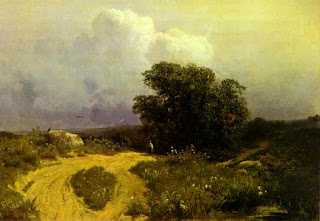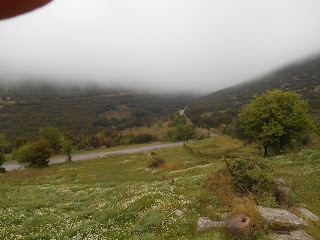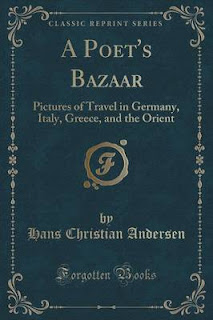Karl Popper is not just another jewish writter. He is the father of "open society" theory that together with The Frankfurt school of thought plays a major role in the nowadays politics worldwide. Liberal right, social democrats, capitalists, progressive left parties, communists and far leftist movements, anarchist groups ,writters and activists are all influenced by the ideas of Karl Popper.
Therefore its very intresting to see which are the dangers for these people and were for them their enemies traced back in history. Thats why, starting from National Socialism, they will always seek to eliminate any persons or movements that adopt such ideals.
"This fundamental historical law forms, in Plato’s view, part of
a cosmic law—of a law which holds for all created or generated
things. All things in flux, all generated things, are destined to
decay. Plato, like Heraclitus, felt that the forces which are at work
in history are cosmic forces."
"Plato, and his disciple Aristotle, advanced the theory of the
biological and moral inequality of man. Greeks and barbarians are unequal by nature; the opposition between them corresponds to that between natural masters and natural slaves. The natural inequality of men is one of the reasons for their living together, for their natural gift are coplementary.Social life begins with natural inequality, and it must continue upon that foundation."
"The analysis of Plato’s sociology makes it easy to present his political programme. His fundamental demands can be expressed in either of two formulas, the first corresponding to his idealist theory of change and rest, the second to his naturalism. The idealist formula is: Arrest all political change!Change is evil, rest divine. All change can be arrested if the state is made an exact copy of its original, i.e.of the Form or Idea of the city. Should it be asked how this is practicable, we can reply with the naturalistic formula: Back to nature!Back to the original state of our forefathers, the primitive state founded in accordance with human nature, and therefore stable; back to the tribal patriarchy of the time before the Fall, to the natural class rule of the wise few over the ignorant many."
"In spite of such arguments I believe that Plato’s political programme, far from being morally superior to totalitarianism, is fundamentally identical with it."
"...if I am right in this interpretation, then we should have to say that Plato’s demand for justice leaves his political programme at the level of totalitarianism; and we should have to conclude that we must guard against the danger of being impressed by mere words."
Previous Related Post:











































